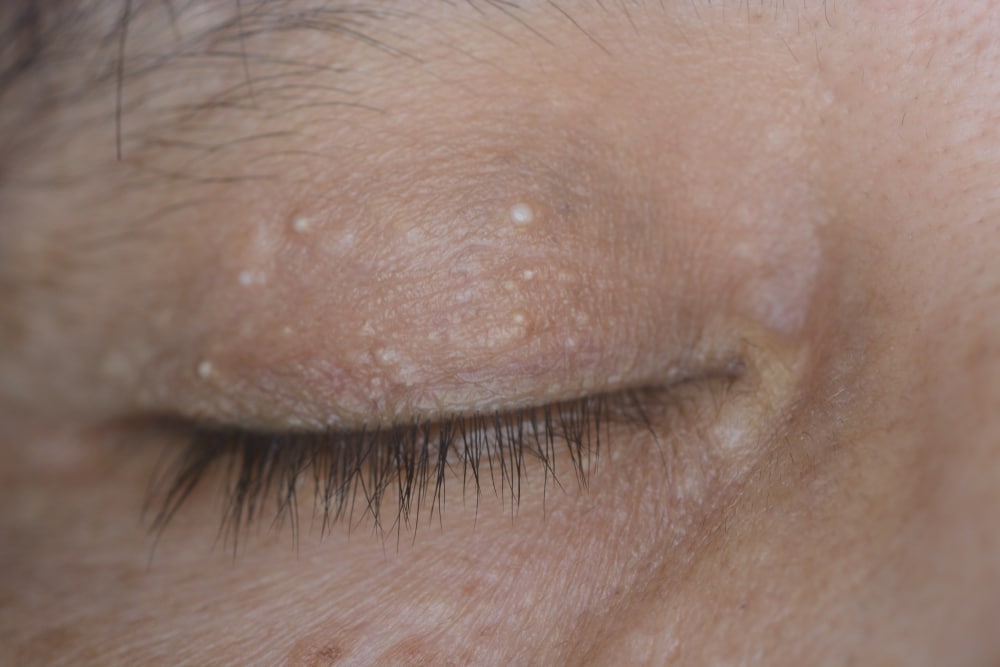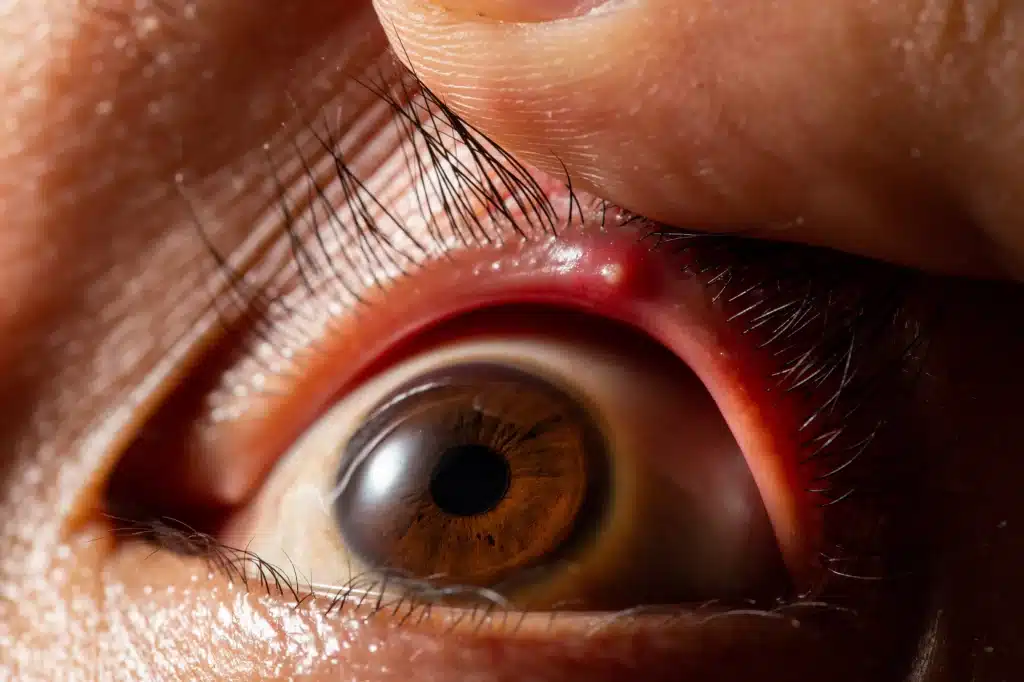Medically Reviewed by: Edward C. Wade, M.D., F.A.C.S.
How Sun Exposure Can Harm Your Eyes
When you were young, your parents probably taught you to not stare into the sun. There’s a very good reason for that. Not only is doing so uncomfortable, intense sun exposure can cause severe and permanent damage to your vision. Even if you’re not looking right at the sun, too much sun exposure can lead to significant eye problems. Here’s why you should be protecting your eyes from the sun during these hot summer days.
Sun Exposure and Cataracts
The most common cause of blindness, cataracts occur when the lens that surrounds your eye becomes clouded, resulting in lost or decreased vision over time. Recent research has found that frequent, chronic exposure to sunlight can contribute to the formation of cataracts.
Cataracts often form through a process known as oxidative stress, and typically appear with age. Exposure to UV rays from sunlight, however, can produce damage similar to that seen after oxidative stress, except that in this case the harmful effects on your lenses are caused by Glycation. In other words, the same UV light exposure linked to skin cancer can also lead to the creation of cataracts.
Sun Exposure and Macular Degeneration
Macular Degeneration is a broad term referring to a range of degenerative eye conditions that ultimately result in loss of sight. While age is the most common cause of macular degeneration, overexposure sunlight can also play an important role in its development.
The “macular” in Macular Degeneration refers to macular pigment, which protects your eyes by absorbing harmful blue light rays that would otherwise damage the rest of the eye. If the macular pigment is exposed to too much blue light, its effectiveness will diminish, leaving your eyes vulnerable to macular degeneration.
Choose Sunglasses That Protect Your Eyes
When choosing a pair of sunglasses, it is crucial to choose a pair that offers strong UV protection. There are two distinct varieties of sunlight: UVA and UVB, both of which are invisible to the human eye. While both UVA and UVB are dangerous to your eyes, UVA radiation penetrates the body more deeply and is believed to be more harmful to your eye lenses.
For protection from both UVA and UVB radiation, look for sunglasses that offer UV 400 protection or higher. Sunglasses which have UV 400 protection are capable of blocking radiation equal to or less than 400 nanometers, making it adequate for both UVA and UVB protection.
An important note: Do not be misled into believing that darker or polarized lenses offer more protection. The UV protection rating is the most important factor to keep in mind.
For Effective Cataract and Macular Degeneration Treatments, Call the Eye Center of Texas
As Texas’ leaders in eye care, we offer a number of treatment options for people with cataracts or macular degeneration, including laser and inlay treatments. Whether you believe your condition was caused by sun exposure, age, or other factors, we will work with you to devise a safe and effective treatment plan. Don’t wait any longer, improve your vision by scheduling your free consultation at Eye Center of Texas today!
Related Articles
Financing Options Available
Apply today to find a financing option that meets your needs.
Our Locations
Houston/Bellaire
6565 W. Loop S., Suite 650Bellaire, TX 77401
Medical Office:
713-797-1010
Medical Fax:
713-357-7276
LASIK/Near Vision:
Office: 713-395-1515
Fax: 713-357-7278
Pasadena
4415 Crenshaw RoadPasadena, TX 77504
Medical Office:
281-977-8800
Medical Fax:
281-977-8877
Sugar Land
15200 S.W. Freeway, Suite 130Sugar Land, TX 77478
Medical Office:
281-277-1010
Medical Fax:
281-277-4504
Clear Lake
455 E. Medical Center Blvd., Suite 110Webster, TX 77598
Medical Office:
281-332-1397
Medical Fax:
281-282-9152
Katy
Greenhouse Medical Plaza2051 Greenhouse Road, Suite 110
Houston, TX 77084
Medical Office:
346-547-7070
Medical Fax:
281-214-2971
The Woodlands/Conroe
100 Medical Center Blvd., Suite 118Conroe, TX 77304
Medical Office:
936-647-1610
Medical Fax:
936-647-1620


